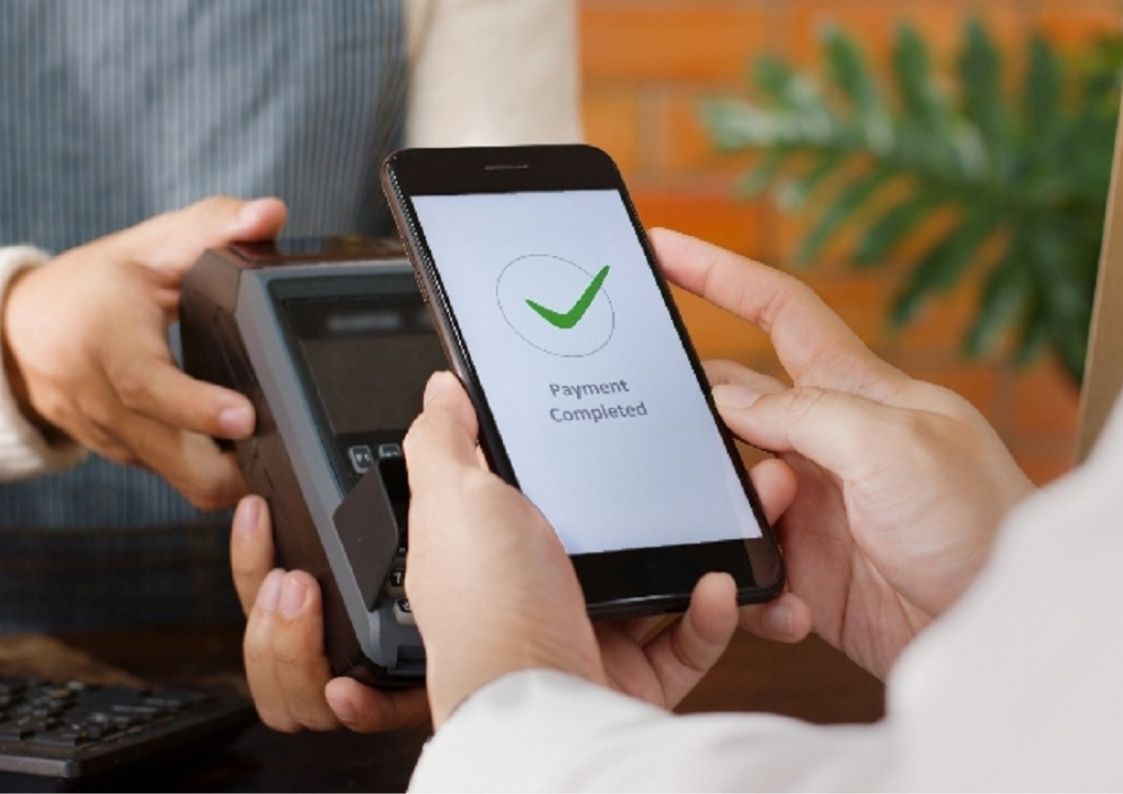ISLAMABAD, PAKISTAN: The government has announced an ambitious plan to fully digitise all its payments by June 2026, marking a decisive step towards building a cashless economy. The initiative, being implemented in collaboration with the State Bank of Pakistan (SBP), aims to eliminate inefficiencies, improve transparency, and strengthen revenue collection across the country.
Under this directive, all government departments and institutions will be required to move away from cash transactions and adopt digital payment systems. As part of the broader roadmap, the SBP has directed banks and financial institutions to enable at least two million merchants to accept digital payments under the Raast Person-to-Merchant (P2M) module by the deadline.
To push the transition further, the government has also made it mandatory for all shops to display QR codes and facilitate customers who prefer digital payments. Although the deadline for shops to comply was set for August 31, compliance has so far remained uneven, especially in small towns and rural areas.
In addition, utilities, fuel stations, and public-facing services have been directed to ensure functional digital payment options at their outlets. Officials say these measures will not only enhance convenience for citizens but also create stronger audit trails, reduce leakages, and curb corruption.
Despite the ambitious plan, challenges remain. Limited digital infrastructure in remote regions, high setup costs for small businesses, and resistance from those accustomed to cash-based systems pose significant hurdles. Ensuring system reliability and nationwide acceptance will be critical if the 2026 target is to be met.
Still, policymakers remain confident that the drive towards digitalisation will usher in a new era of financial inclusion and efficiency in Pakistan’s economy.
This story has been reported by PakTribune. All rights reserved.



